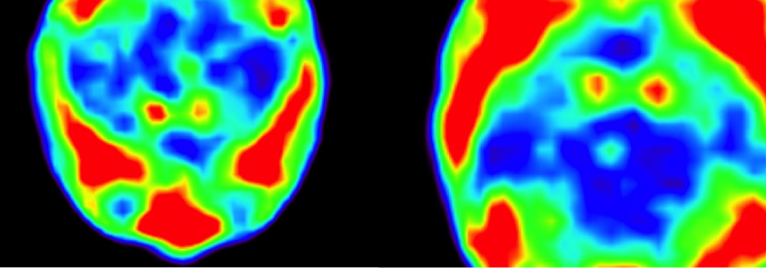
SFB scientists Prof. Tanja Kuhlmann und Dr. Marc Ehrlich generate oligodendrocytes from skin cells (photo: FZ/E. Deiters-Keul)
Münster. (mfm/jr) Whether it be math, writing, reading or learning a new language: brain cells give us astonishing brainpower every day. When these cells are damaged by neurological diseases, cells cannot be simply sampled and analyzed in a petri dish. Scientists from the University of Münster and the Max Planck Institute for Molecular Biomedicine developed a new protocol to generate their brain cells of interest, oligodendrocytes, from skin. The team in Münster belongs to the few labs worldwide that have established this technique successfully in their lab; however the team in Münster can do this now much faster and more efficiently – with significant benefit for research. More . . .

















